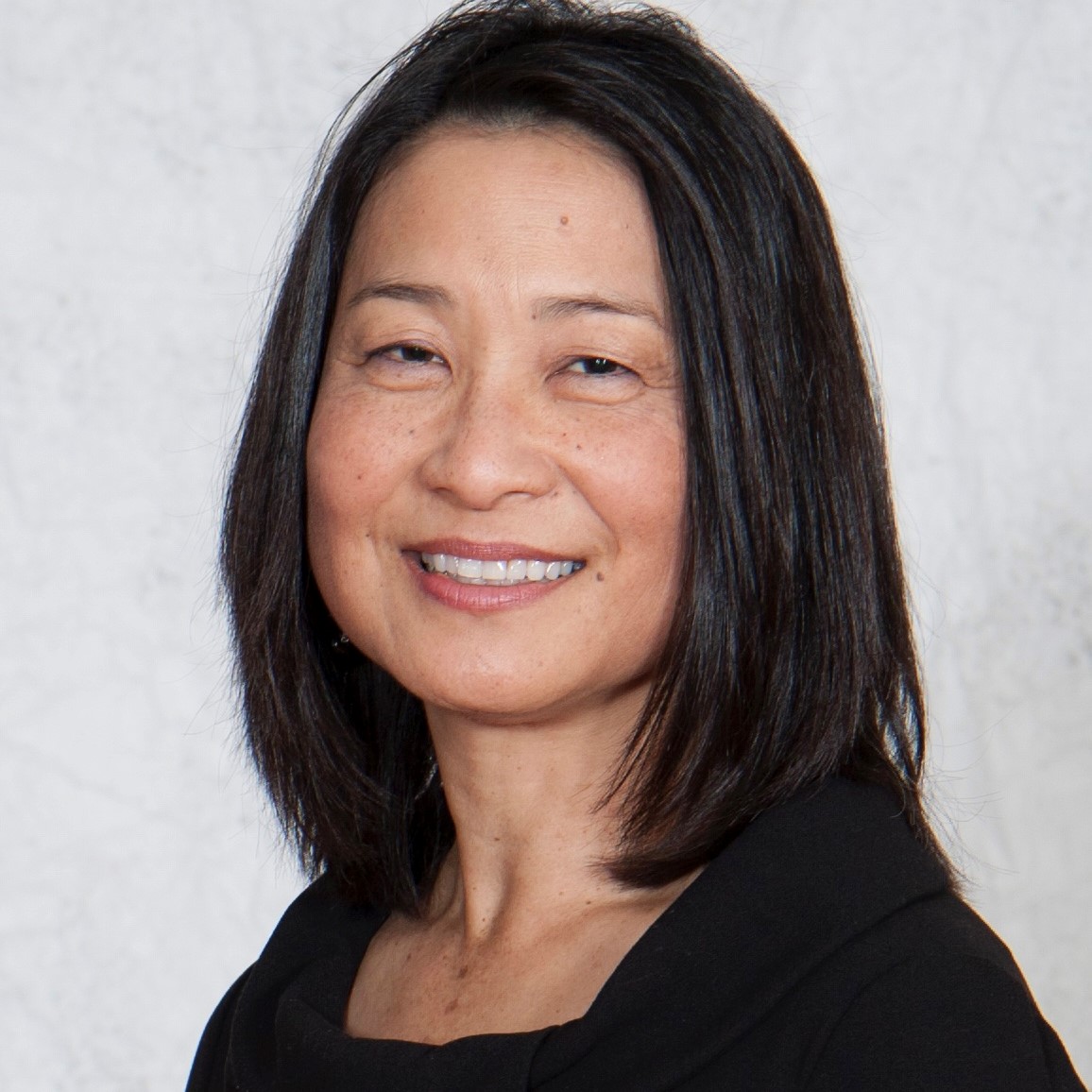Asian American Pacific Islander Community of Practice Update
 Violence against Asian American Pacific Islanders (AAPI) spiked when the pandemic began with nearly 11,000 hate incidents against Asian Americans recorded from March 2020 to December 2021[i]. In March 2021, six Asian women were killed in Atlanta. A couple of months later at our ACPE Annual Conference, little acknowledgment of this violence, and the experiences of its AAPI members was made. In June 2021, a few ACPE AAPI Certified Educators formed the AAPI Community of Practice.
Violence against Asian American Pacific Islanders (AAPI) spiked when the pandemic began with nearly 11,000 hate incidents against Asian Americans recorded from March 2020 to December 2021[i]. In March 2021, six Asian women were killed in Atlanta. A couple of months later at our ACPE Annual Conference, little acknowledgment of this violence, and the experiences of its AAPI members was made. In June 2021, a few ACPE AAPI Certified Educators formed the AAPI Community of Practice.
In holding to ACPE's mission, this Community of Practice is a forum and community for those whose experiences, lives, and identities as AAPI may be different than their peers and colleagues. Our meetings provide members with a community to share and reflect, get support and understand their experiences in ACPE. Together we explore and learn how members use our cultures, backgrounds, knowledge, and experiences in our ministry and work.
The Asia continent is vast with a wide range of nations, cultures, and religions. Its complex history with colonization and imperialization from other countries, and also Asian to Asian countries means Asians have had painful experiences even with each other. This past year we have focused on developing a trusting and cohesive community. In the past year more AAPI ACPE members have increasingly become outspoken and sought leadership positions in ACPE.
At this year’s annual conference, we provided a workshop about anti-bias practices in supervision and ministry with AAPI students and patients. We spoke about the diversity of the Asian continent, the laws discriminating against AAPI, and the government propaganda of the “model minority” as a tool to pit AAPI against other racial groups in order to further prop up white supremacy. Ki Do Ahn, Mica Togami, and Julie Hanada shared some of their experiences as AAPI in the US, in CPE, and the certification process, and offered suggestions for educators and spiritual care providers in working with AAPI students, staff, and patients.
We envision ourselves as resources for ACPE to have a more accurate understanding of the AAPI member’s experiences in the association, and to provide feedback to ACPE leadership about the concerns of AAPI members. We are developing ways to support AAPI students, AAPI students in the certification process, and others working with AAPI students, staff, or patients and will share that information as it gets outlined.
Julie Hanada is the convener for the AAPI Community of Practice. She is an ACPE Certified Educator, not currently working, from the Seattle, WA area. She can be reached at hanadajulie@gmail.com.
[i] https://stopaapihate.org/national-report-through-december-31-2021/
